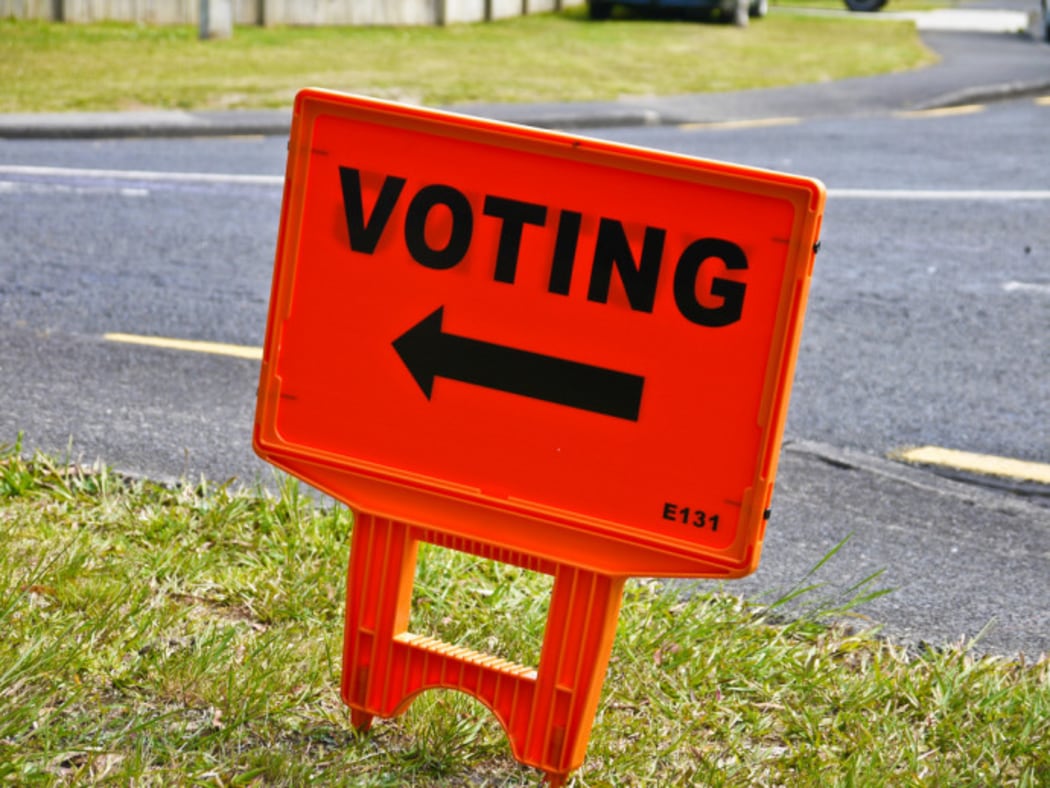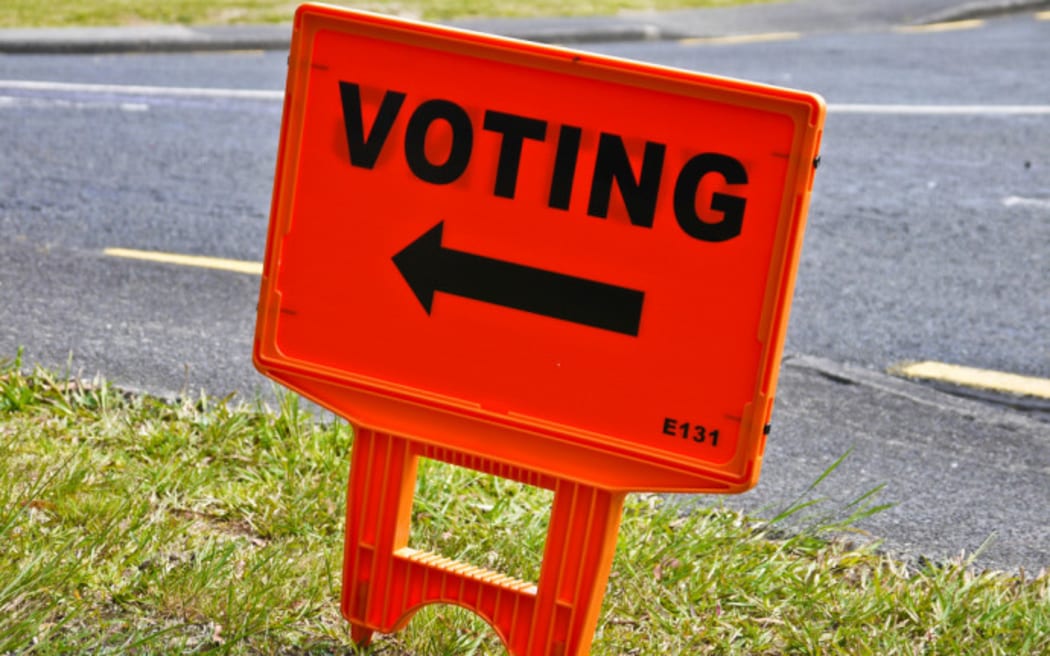
File photo.
Photo: Supplied / Waikato District Council
Kaipara District Council (KDC)’s mayoral race has attracted six candidates.
KDC’s Mayoral candidates are: Victoria del la Varis-Woodcock, Craig Eldon Jepson, Karen Joyce-Paki, Brenden Nathan, Ash Nayyar and Gordon Walker.
Local Democracy Reporting Northland asked the candidates what the three main issues facing their district were – and how they would address these if elected.
KDC’s mayoral candidates are among 22 Northlanders putting their hats into the ring to be one of the region’s three new mayors from 8 October, in a local government leadership change tsunami.

Local government election voting papers start getting posted out on Friday 16 September, voting underway from then and closing on 8 October. Postal votes must be in the mail by 4 October.
The candidates’ kōrero:
Victoria Del La Varis-Woodcock – standing as mayor only
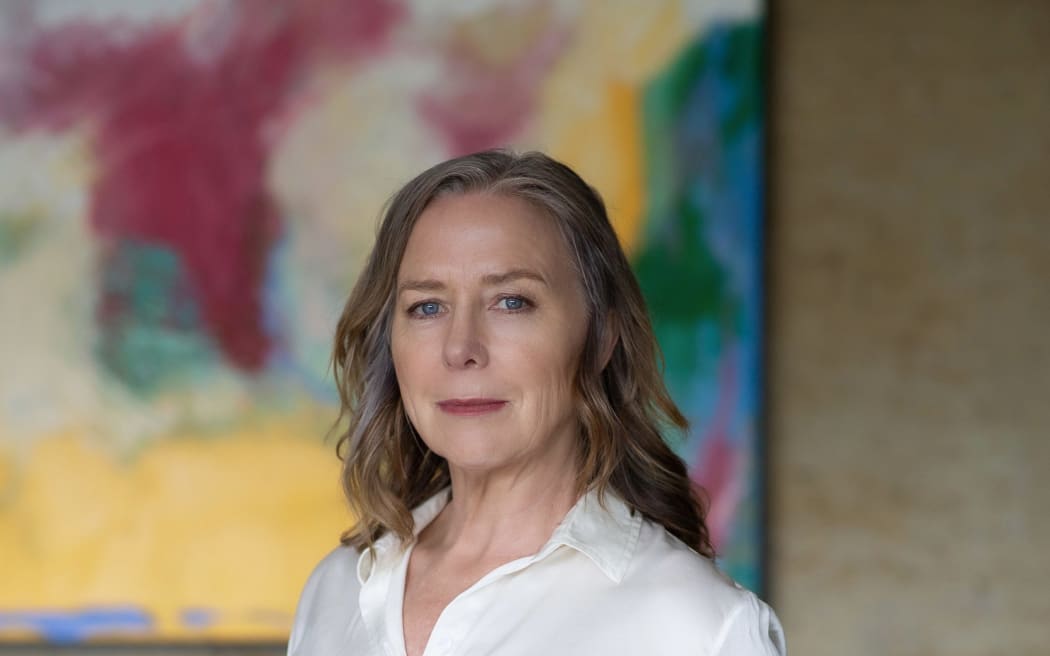
Victoria del la Varis-Woodcock.
Photo: Supplied / LDR
1. Infrastructure: As Kaipara grows, council needs proper infrastructure planning. The biggest lesson for Kaipara comes from the history of the Mangawhai wastewater scheme.
As mayor, I will ensure development contributions are set to recover the cost of growth. Infrastructure costs must lie with the developer rather than falling yet again to the ratepayer to foot the bill. There will be no more financial infrastructure blowouts; our net external debt will be capped at $60 million; financial accountability and sustainability will be primary goals. Other parts of the district are also experiencing growth; so the same lesson applies: We need to consult the community properly, plan each project carefully, contract wisely, and execute precisely all future infrastructure projects.
Another challenge is to keep to a financial strategy that achieves upgrades of our existing infrastructure while limiting rate increases. The goal is to achieve rating increases no greater than 5% average over the life of the 10-year Long Term Plan.
2. Roading and footpaths: Council must be proactive. We need to consult with the community on which roads need capital improvements. We need to ensure that we get the full range of subsidies for the transport network that are available from the government. When it comes to maintenance, we need to be ahead of the game. There are over 3000 culverts in the Kaipara district that need clearing. To get the best from our contractors, we need to get the balance right between setting maintenance targets and holding them accountable.
We have over 300 slips on Kaipara roads. Maintenance that prevents weather damage before it undoes our recent unsealed road upgrades is key. Maintaining the roading network is our ratepayers’ biggest cost and we need to get this basic service right by achieving safe roads & good footpaths.
3. Three Waters Reform: As mayor, I will continue to speak out against this proposal to divest local government of the millions of dollars of ratepayers’ assets that the people have paid for over generations. The co-governance as proposed is also undemocratic with its unequal Māori representation: Iwi appointments on the proposed water entity governance boards are proposed, as well as Māori Ward representation on Council. In addition, this reform means privatisation is inevitable, as local government ownership protections of our priceless water assets will be gone.
Craig Eldon Jepson – standing as mayor only
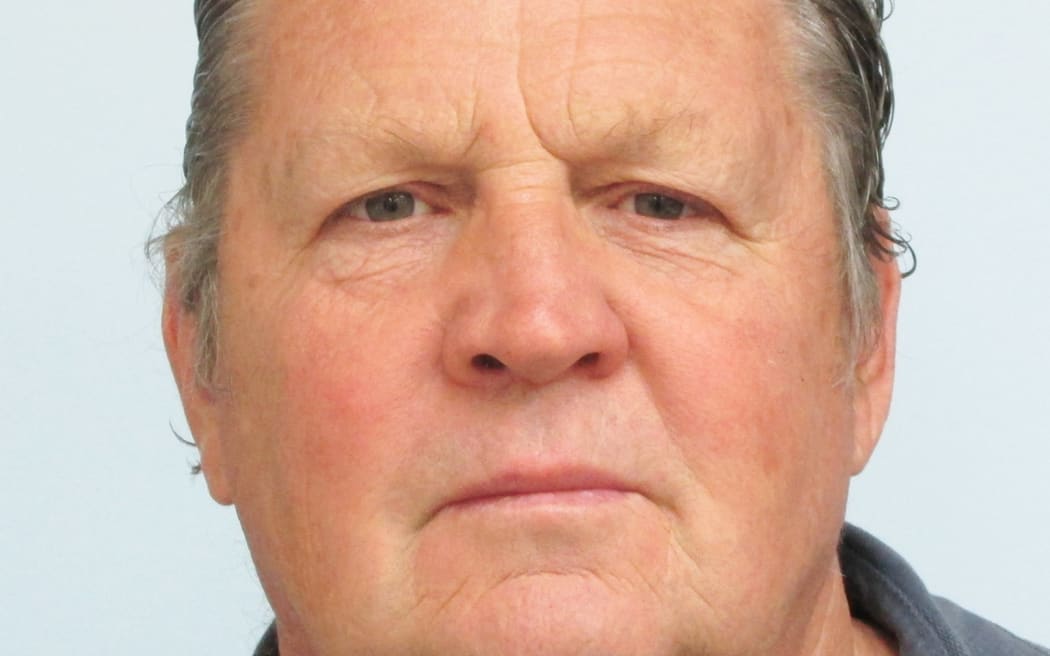
Craig Eldon Jepson.
Photo: Supplied / LDR
I settled in Mangawhai 20 years ago. I have operated a successful concrete construction business whilst also undertaking rural and urban land development. I undertook three years in public relations for the Olivine Meremere project to combust Auckland’s garbage at high temperature. Ironically, we now have a proposal to dump another 30-plus million tonnes in the ground at Dome Valley which is scientifically and environmentally indefensible.
I have contributed time and machinery to local projects including construction of 3.5 kilometres of a walking-cycle track in Mangawhai. I stand on three main issues of economy, democracy and community. I will seek review of Kaipara District Council’s staffing levels and expenditure. Council must maintain affordable rates -without compromising core services. I do not support the proliferate spending on feel good or nice to have projects. Fix our roads first. We must plan for cost effective investment in the best choice of future infrastructure.
I oppose Three Waters. It is theft of ratepayers’ assets. These assets will be placed in four large entities. Like the Auckland super city disaster, these entities will become self-serving goliaths and will pursue ratepayers’ pockets for their inevitable excesses.
I am a member of Democracy Northland which supports individuals who believe, as I do, that in a healthy democracy all people and opinions should be respected and where one person has one vote and all votes are equal. I welcome the celebration of diverse cultures and respect their right to practise their cultural and religious beliefs. But I do not support co-governance which cannot exist in our precious and fragile democracy. I sponsored in 2020 the Northland petition asking for a local referendum of our community for or against the introduction of Māori wards and presented this to Kaipara District Council.
It will not be possible as mayor to please and appease everybody, but I will listen to the prevailing community voice. My community has had enough of a self-serving bureaucracy which presently does not serve its ratepayers well. I will drive a community-led council where the elected councillors, via the CEO, drive the staff not the other way around.
Karen Joyce-Paki – also standing in Wairoa General Ward
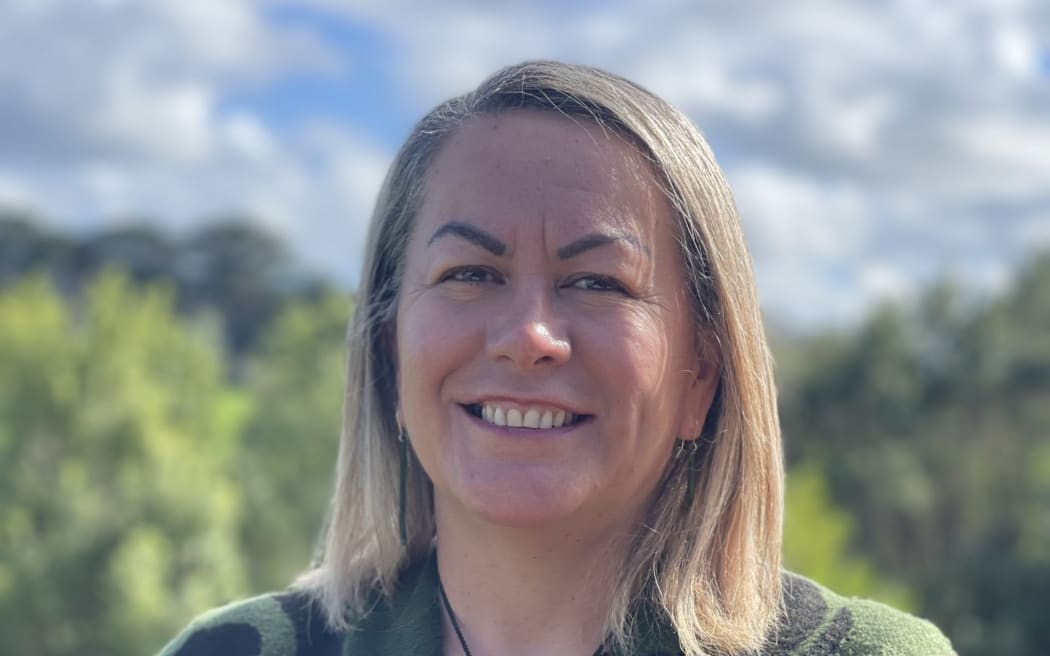
Karen Joyce-Paki.
Photo: Supplied / LDR
The Local Government reform is huge on the priority list and has been at the forefront of many discussions, particularly asking what it means for small councils like Kaipara. The one thing we can be certain of is change, so the focus for me is business as usual while we work through whatever local government implements. Most importantly it will be about communicating the process and working across the district to bring the community along with us.
The Three Waters reform is highly debated. This is going to be a difficult time for Kaipara. We want and deserve answers which are not yet available. We need to come up with practical solutions. We know rate increases hurt, so what are the benefits of amalgamation and which structure will deliver the maximum benefit to Kaipara residents for the minimum cost. It’s important to keep asking questions, be receptive to the responses and work hard as elected members to find solutions that will enable our district to move ahead.
Population growth and climate change will continue to be a challenge for Kaipara and Aotearoa. Council staff did some great work with Kaipara District Council’s spatial plan engagement process, to see what was important for us as individuals, business owners, land owners and the wider district. There was a lot of feedback which helped shape the Exposure Draft District Plan which is open for consultation now. This is a huge piece of work that needs to be completed. Having been involved for years, it is something I would love to continue to be across as Mayor for the next term.
I have served as the Dargaville Ward councillor for six years while holding down senior roles across local and central government. During my career I have worked in co-governance and utilised the skills and knowledge of shared service models. We must be open to new possibilities. Time has passed and technology changed. We need to consider all options to get the best result for Kaipara.
As we navigate through these turbulent times, Kaipara will need a mayor who has people leader experience and will get on well with others. We need stability in our approach and a council that is inclusive.
This is a time for continuity As your mayor I will continue to maintain solid relationships and work collaboratively across the district supporting prosperity and cohesion for Kaipara.
Brenden Nathan – also standing in Te Moananui o Kaipara Māori Ward
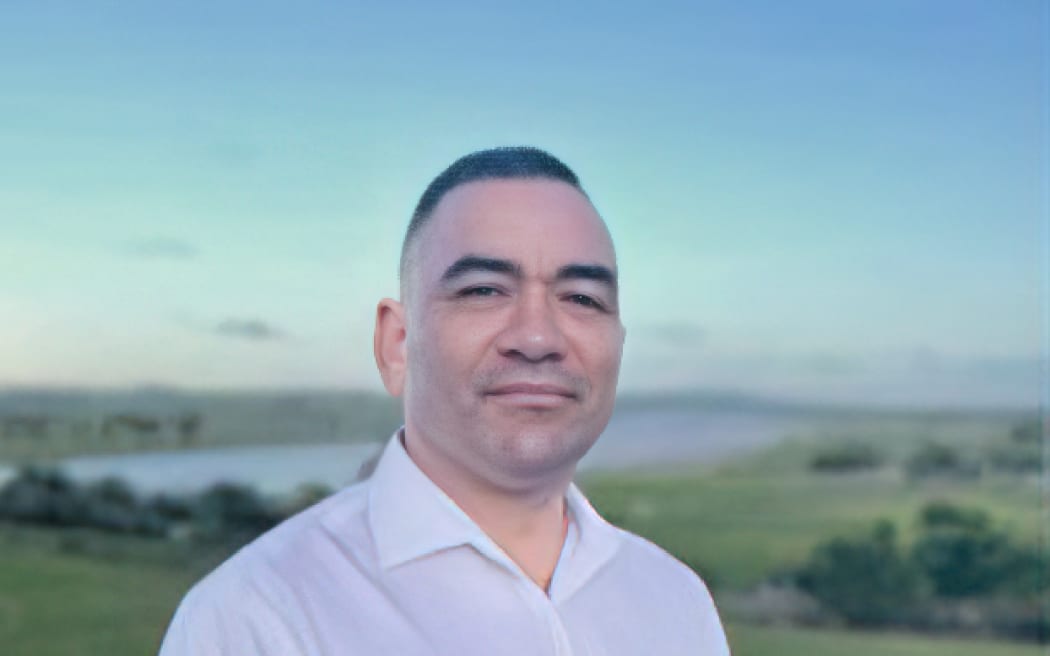
Brenden Nathan.
Photo: Supplied / LDR
Nga mihi mahana ki a koutou katoa, (Warm greetings to you all). My name is Brenden Nathan, I am from Dargaville and I proudly stand for the interests of the entire Kaipara District as a candidate for the Kaipara District Mayor and Māori Ward Te Moananui O Kaipara.
I believe my extensive local community engagement and established relationships amongst significant commercial, professional, sporting, and cultural networks across the Kaipara district, give me the confidence and credentials for this important public service role.
My early years of education started in Dargaville, then at Wesley College then Massey University in pursuit of a Diploma in Social Work and a Bachelor of Arts in Social Policy.
My work experience ranges from Silver Fern Farms production coordinator, mining in Western Australia and 13 years as a sales consultant at a major Dargaville car dealership.
I am an active member of the board of trustees at Dargaville High School, where my children attend. I believe Mayor Dr Jason Smith and the current Kaipara Council have progressively built excellent foundations within the council enacting key initiatives that support the growth and development of our district.
With that in mind, I am keen to build on that aspiration of making sure our region is a progressive place to raise a family, to work, to do and be in business and enjoy the lifestyle beneficial for future generations.
The next term of local government will face potentially its toughest challenge and therefore it is important to have the leadership in place that is solution focused and that takes a common sense approach to managing and looking after our community assets and infrastructure.
My approach will achieve the social cohesion necessary to respond to the growing changes and concerns. The impact of climate change is a common ground for all of us, as we are reliant on the elements to survive.
Whether we access water, extract to create a new housing complex, dispose of our waste and plant for impact or survival. I believe I present to the Kaipara community the leadership, integrity, positivity and capability needed in the important role of mayor and Māori Ward. I congratulate all the candidates who have put themselves forward for this forthcoming local body elections.
I am committed to the growth and wellbeing of the Kaipara. ” Mauri Ora Brenden Nathan
Ash Nayaar – also standing in Wairoa General Ward
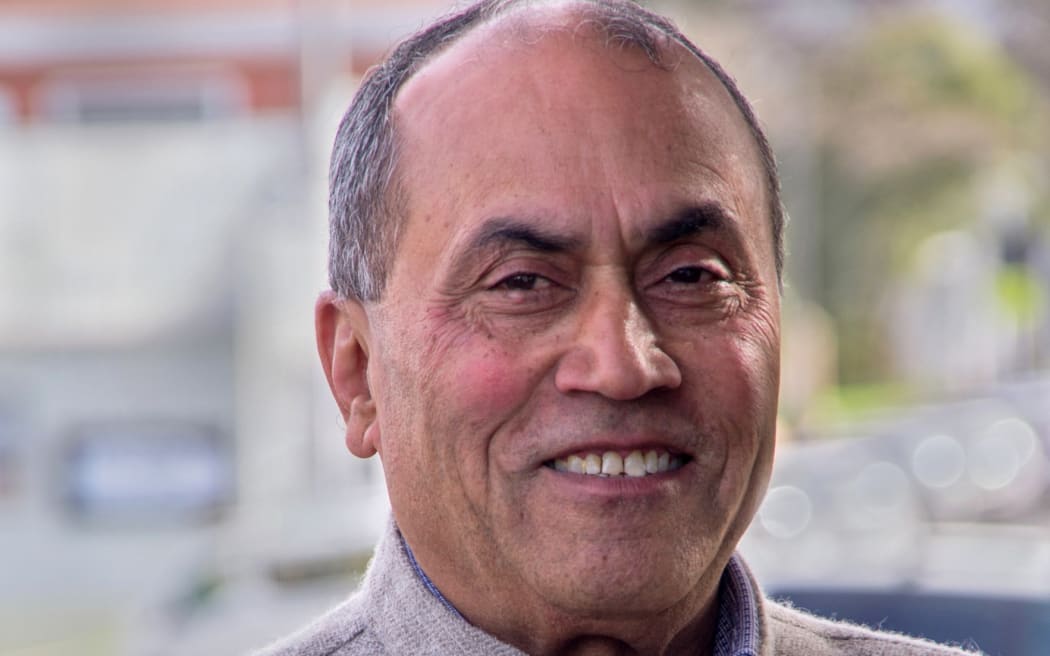
Ash Nayyar.
Photo: Supplied / LDR
1. Disparity in growth and lack of infrastructure; stunted growth in Dargaville, Ruawai, Maungaturoto and Kaiwaka, while huge growth in Mangawhai.
Mangawhai is growing in population and its housing/commercial developments are happening to meet the needs of newcomers causing pressure on infrastructure e.g., wastewater treatment plant which may need upgrading as well as wastewater disposal options. Mangawhai will need a high school for its growing population of young children who are currently travelling to Maungaturoto/Rodney on a daily basis.
Ruawai is facing a seize on its growth because of coastal growth challenges.
Over the next three years council will support the Ruawai community to set up a plan to respond to increasing coastal hazards like sea level rise and flooding. Community is at the centre of this process and a diversity of community values and knowledge will guide this work.
Dargaville is facing a shortage of housing which has stunted employment options for local businesses, as employees are not willing to come to the town if they don’t have suitable places to live. The new housing developments require Dargaville’s sewerage plant to be upgraded and options for wastewater disposal looked at.
We need to invest in harnessing drinking water by building dams and reservoirs which can solve the problems for both Dargaville and Ruawai.
2. There is lack of transparency and accountability within council’s operations. There is excessive bureaucracy causing unnecessary hardships to ratepayers. Overstaffed council is spending ratepayers’ money on salaries/contractors, consultants and unviable projects. This should stop. Savings can be utilised to keep rates affordable, improve waste management services etc. We need to balance rural and urban needs and ensure that rates, including water, are fair and equitable to all.
3. Roads; the poor quality of roads (highways or links) and their continuous maintenance, where more money is spent on traffic management than on materials, is a nightmare for all residents. It’s a nationwide issue, so all councils should join hands to implore upon central government to bring roading to at least 1990’s standards. Council should be responsible for footpaths and remedial work. All infrastructure bodies need to work alongside council to make it happen.
We need to grow Kaipara responsibly by making open and inclusive decision making and by listening to the needs of fellow citizens as well as redeveloping Kaipara as a tourist destination and bustling district; where young and old will like to live, work and have fun together.
Gordon Walker – standing as mayor only
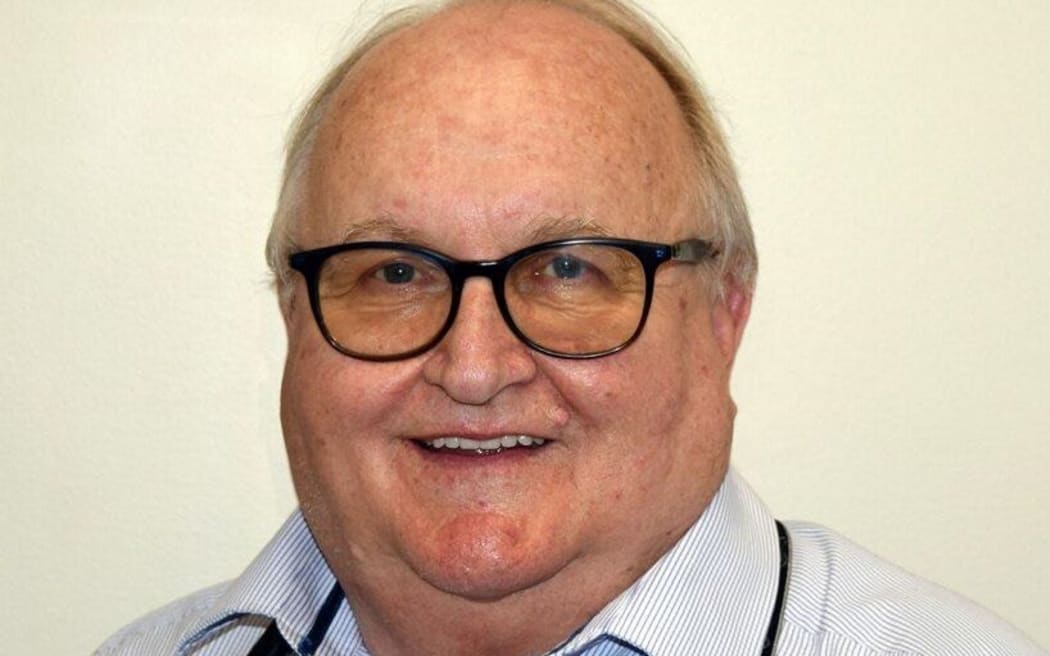
Gordon Walker.
Photo: Supplied / LDR
1. Full review of our current rating system; with a view to reducing rates for retired Kaipara residents who have worked hard all their lives to own their own homes. This would be in the form of a reduction in their rates every five years from the age of 65. Unfortunately, many elderly people are forced to sell or downgrade their homes due to the affordability of rates. To enable the council to afford this, we need to do a review of all council infrastructure running costs to look at absorbing this into the current rates.
2 Supporting our farmers and businesses; We need to continue to stand up to the government against Three Waters and proposed emission taxes, which are totally unrealistic. New Zealand was once a democracy, but it appears the government is prepared to ignore the opinions of the people and pass laws which are going to seriously affect our farmers and manufacturers. Our farming community has kept New Zealand fed during the Covid-19 epidemic. It is still continuing to do so. Currently businesses throughout the Kaipara and New Zealand are suffering from major staff shortages. If we are to grow our tourism, we need people willing to engage in work. Are we paying too much money to the unemployed? We need to encourage our youth to get engaged and seek employment within Kaipara. We also need to encourage families who are disenchanted with Auckland to move to Kaipara. This will bolster our work skill set.
3. Affordable sustainable of building homes; Start building with local materials we have available in New Zealand without importing expensive materials. The cost of freight to import is prohibitive. We need to make it easier for people to obtain resource and building consents. We need to re-establish a local timber milling industry to keep costs to a minimum. This would help employ local people and hopefully re-ignite a local timber industry – Kaipara’s very foundation. Kaipara’s kauri timber rebuilt San Francisco after the 1906 earthquakes and fires. The Kaipara once ran 90 timber mills.
If I am elected as Kaipara mayor, I intend to give 100 percent of my time ensuring Kaipara’s people are heard.
Local Democracy Reporting is Public Interest Journalism funded through NZ On Air

